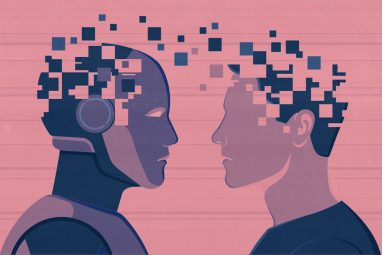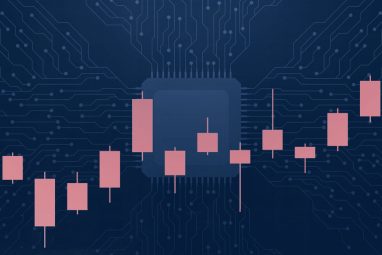OpenAI Chief Sees Fraud Crisis Brewing as AI Clones Identities
OpenAI’s Sam Altman warns that outdated authentication systems leave institutions vulnerable as AI-powered scams rise
Topics
News
- Adani Power Sets Up Nuclear Subsidiary
- Musk Unveils xAI Overhaul, Lunar AI Ambitions
- Former GitHub CEO Dohmke Raises $60 Million to Build AI Code Infrastructure
- Leadership Shakeup Deepens at xAI as Two Co Founders Exit
- India Slashes Social Media Takedown Window to Three Hours
- Cisco Moves to Relieve AI Data Center Gridlock With New Chip

The world is on the brink of a major fraud crisis fueled by artificial intelligence, OpenAI chief executive Sam Altman warned on Tuesday, highlighting how AI-powered voice and video cloning tools are already enabling sophisticated scams that outpace current authentication methods.
Speaking at a Federal Reserve event in Washington, Altman said he finds it “terrifying” that many financial institutions continue to rely on outdated techniques such as voiceprint verification, even as generative AI has made it trivial to mimic a person’s speech patterns. This mismatch, he cautioned, creates systemic risk.
Altman’s comments come as OpenAI, the creator of ChatGPT, prepares to deepen its engagement with policymakers by expanding its Washington DC presence. Alongside fraud, he flagged concerns over the misuse of AI, disruptions to employment from automation, and the need for the US to bolster its competitiveness in a world where AI capabilities are advancing rapidly.
The OpenAI chief has increasingly taken his message to regulators and business leaders, urging them to modernize security practices and address the broader societal impacts of generative AI.
“Most of the ways that people authenticate today have already been defeated by AI, except for passwords,” Altman said at the event, underscoring the urgency of adapting defenses to the new threat landscape.
His remarks reflect growing unease among technology leaders and financial regulators about the risks posed by generative AI in the absence of robust safeguards.
OpenAI itself has faced scrutiny over how its tools could be weaponized for scams, deepfakes, and disinformation: issues now playing out in real-world incidents of fraud and identity theft.
Altman also touched on broader economic implications, saying the US risks losing ground to other nations in the AI race unless it invests more aggressively in innovation and infrastructure.
At the same time, he acknowledged that automation driven by AI could disrupt jobs across industries, requiring deliberate policy interventions to support workers in transition.






